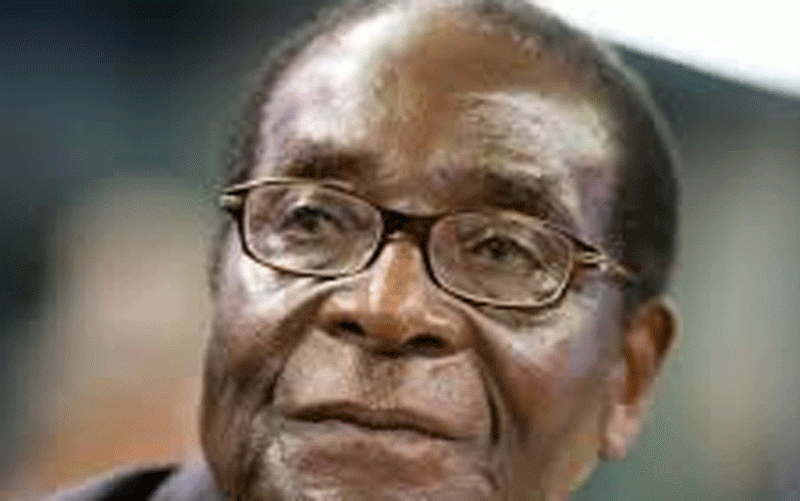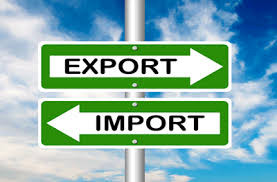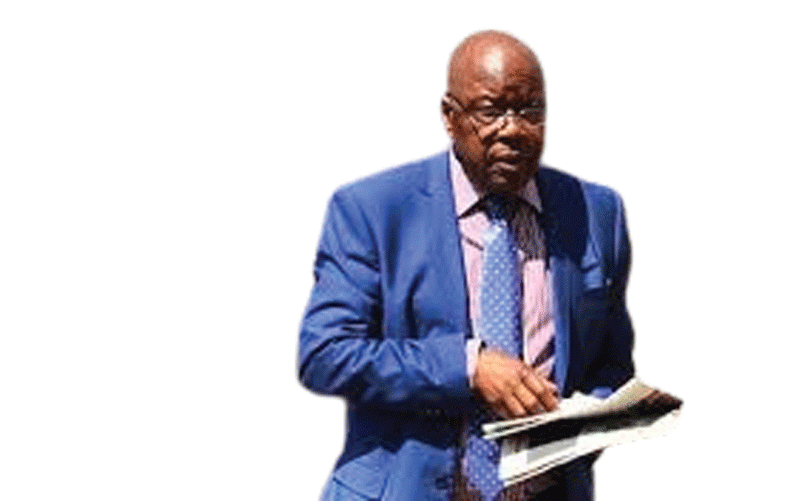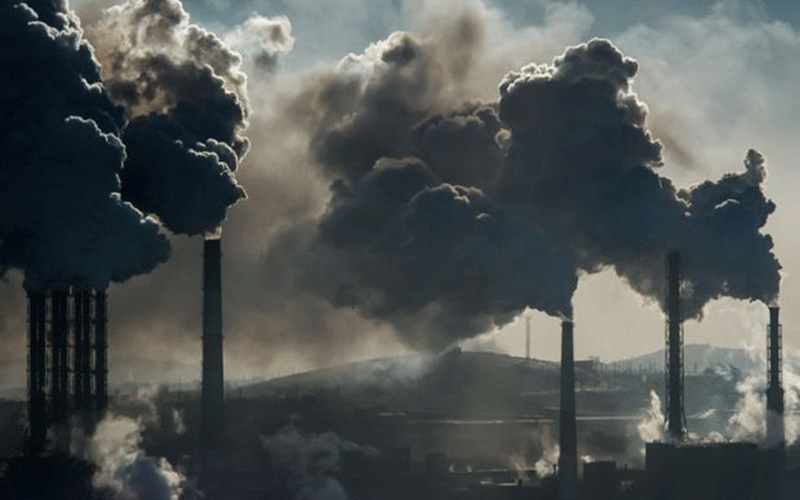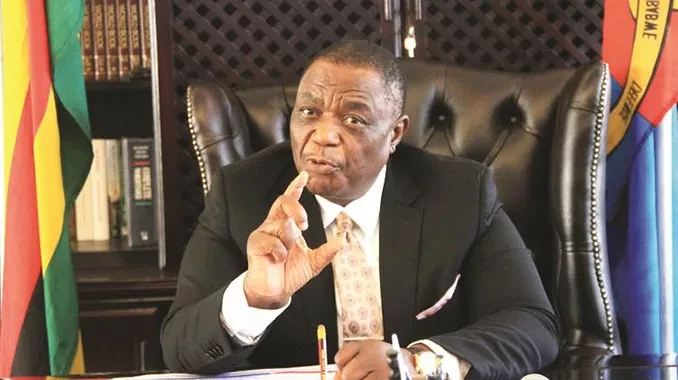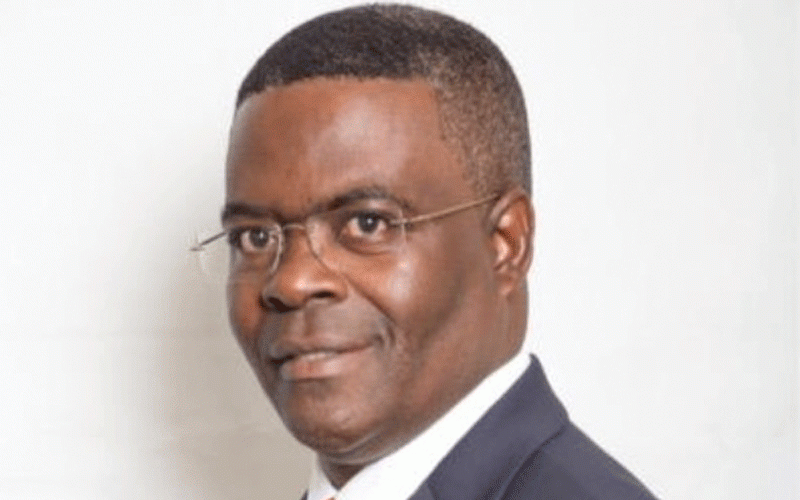
Zimbabwe is experiencing yet another severe episode of load-shedding, affecting not only households, but also most companies countrywide.
These prolonged power outages will aggravate an already biting economic crisis. This also comes at a time when the entire world is concentrating on the FIFA 2022 World Cup.
According to a recent announcement from Zesa, the nation will endure 16-hour loadshedding.
Zimbabweans will face a depressing holiday season as the cost of basic necessities such as food items continue to rise.
Retailers attribute the price rises largely to the ongoing power shortages.
Zimbabwe has been suffering from severe power shortages for several years owing to inadequate inflows into the Kariba Dam caused by periodic droughts and due to the failure of aging coal-fired power plants.
Many businesses now depend on generators to keep running, but they cannot operate them continuously for a long time.
Recently, tobacco producers begged the government for assistance to lessen the detrimental effects of the present electrical crisis on farming.
- System Tazvida’s grave vandalised
- System Tazvida’s grave vandalised
- Low tariffs weigh down ZETDC
- ‘Systems disturbance hits Hwange Power Station’
Keep Reading
According to reports, a tobacco crop worth US$300 million that was irrigated is in danger because load shedding is making it difficult for the curing of the golden leaf to take place.
As electricity shortages wreak havoc across the nation, it was also reported that Zesa made an appeal for assistance to large miners by forming the Energy Intensive Users Group (EIUG) to offer off-take guarantees in hard currency for shared access to power.
Before Fortune Chasi was appointed Energy and Power Development minister, the country faced a similar power problem in 2019.
Chasi suspended the Zesa executive chairman, a move which was welcomed by many.
That decision is an example of what needs to be done with many key bodies, which are crucial to service delivery.
As Energy minister, Chasi excelled, implementing greater changes that helped the nation return to normalcy.
However, President Emmerson Mnangagwa fired a competent minister who ensured the country had uninterrupted power supplies during his tenure.
Chasi was relieved of his duties as Energy minister in August 2020.
Zimbabwe primarily depends on Kariba South Power Station, the largest power-producing facility with a total generation capacity of 1050 megawatts and the country's only hydroelectric plant.
The country also has four thermal power plants, including the largest coal-fired power plant in the world, Hwange Power Station, with a 920MW capacity.
Sadly, Zimbabwe is once again experiencing a severe power outage.
Some have blamed Zimbabwe's power generation sector's bad state on poor management, a lack of investment in renewable energy sources, and the Hwange Thermal Power Station’s frequent breakdowns.
Hwange is an old thermal power plant that frequently malfunctions.
Power generation is sometimes limited due to poor plant availability and coal stockouts.
Without properly running businesses, there will be little to no revenue generated, which is bad for the economy.
Zimbabwe's situation is made worse by the sharp increase in power consumption that has occurred since the 2017 political transition.
In Zimbabwe, the power problem is worse than it has ever been.
This will prevent the economy's growth and development.
The social economy will suffer significant financial losses due to power outages.
The Zimbabwean government must assess the economic damage caused by power outages and find answers for urgent problems rather than putting off urgent problems.
The long-standing energy issue is a stark illustration of Zimbabwe's severe economic situation, which is highlighted by corruption, the misuse of public funds, poor management, and a lack of reforms.
*Evans Mathanda is a journalist and development practitioner who writes in his personal capacity. For feedback email: evanngoe@gmail.com or call 0719770038 and Twitter @EvansMathanda19

